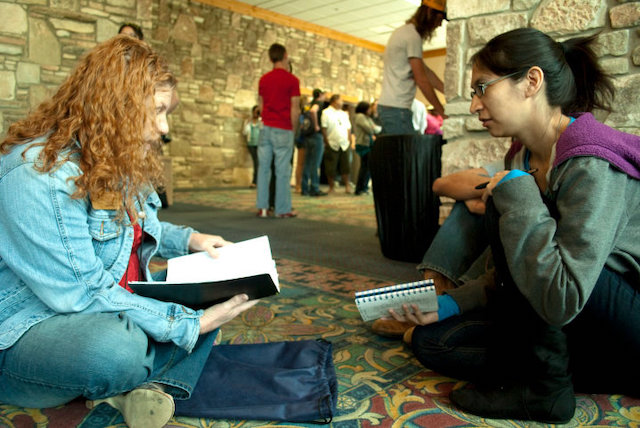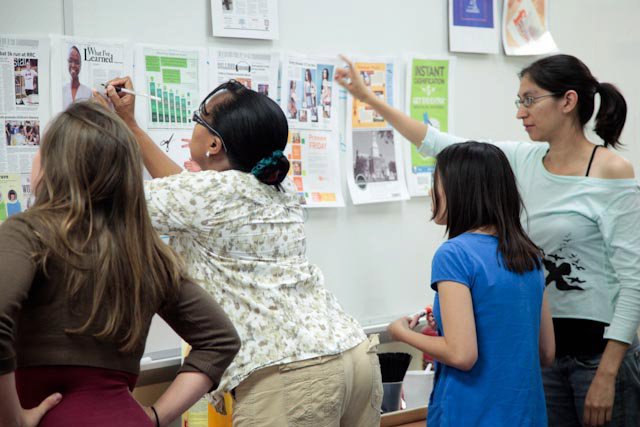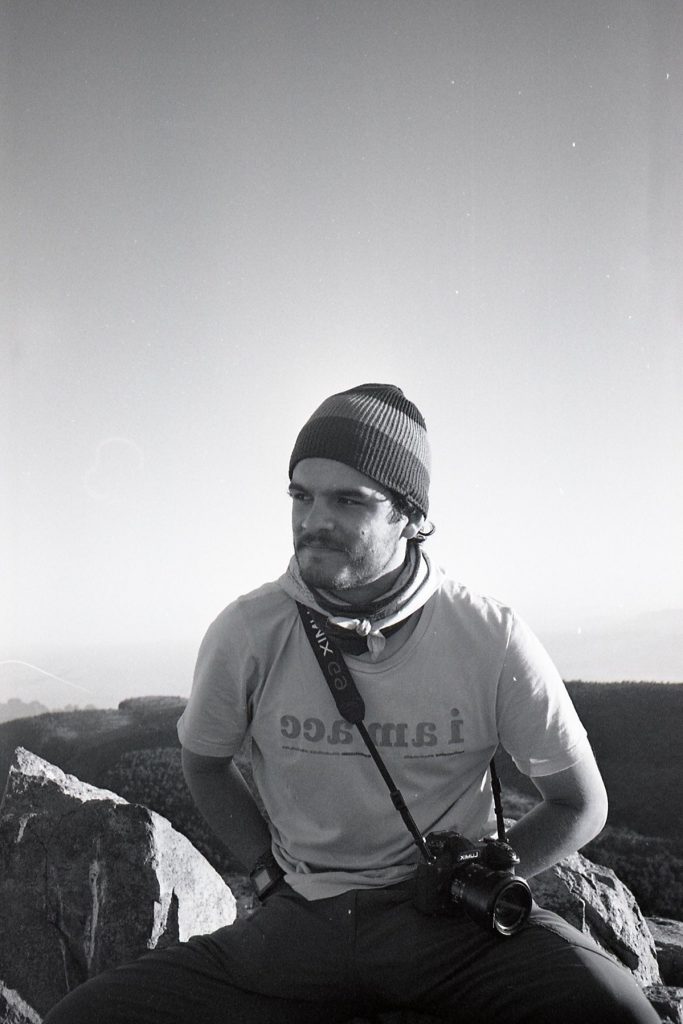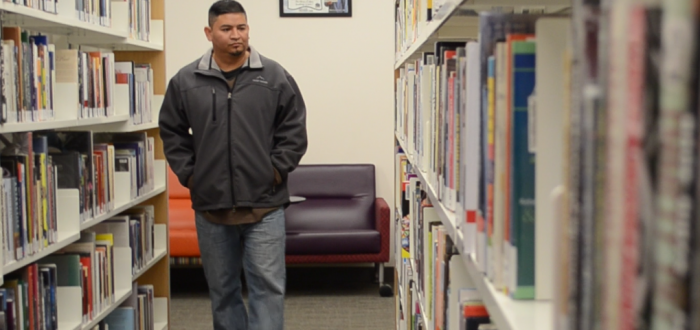Written by: Pete Ramirez
It’s not uncommon for a portion of students to find their way back to school at Austin Community College. Sarah Vasquez enrolled at Texas State University immediately after graduating high school. Eight years later, she enrolled at ACC. Now, Vasquez is a freelance journalist and photographer whose work can be found in the New York Times, Texas Tribune, Texas Highways Magazine and others.
It is common for students, of any age, to start here in order to get there. After graduating high school, Vasquez became a student at Texas State University. About two years into her higher education journey, she decided the best thing for herself was to take a break from school. During her time away from school Vasquez began writing her own blog called So Many Bands, which covered the independent music scene in Austin.
“I was interviewing anybody and everybody who would let me,” Vasquez said. “I was so shy, my brother would sometimes ask band members if I could interview them.”
After a few years, Vasquez decided to step back into the world of academia as an ACC student. In her first semester, she was recruited to work for ACCENT’s newspaper, which had its last publication in 2014.
“[ACCENT] gave me the space to learn everything I wanted to learn,” Vasquez said. “I learned photography, how to edit audio and work on video.”
While working for ACCENT, Vasquez picked up as many assignments as she could to become the Campus Editor and, eventually, Assistant Editor. Vasquez credits ACCENT for giving her low-stakes opportunities to grow as a journalist.
“I feel like ACC legitimized my career,” Vasquez said. “It opened so many doors for me and gave me confidence to come out of my shell.”
After graduating from ACC with her associate’s degree in journalism, Vasquez was selected to take part in the Poynter Institute’s fellowship for a semester which is one of the most recognized schools of journalism.
After completing her fellowship, Vasquez returned to Texas State University. She quickly fell into the fold at the student-run radio station, KTSW 89.9, where she continued to develop her journalism skills in an audio format.
“I don’t think I would’ve been as prepared for the work at the university level if it wasn’t for ACC,” Vasquez said.
Vasquez received her bachelor’s degree in journalism from Texas State in 2012 and decided to take a four-month internship with Marfa Public Radio. After growing up in the fast-paced Austin area, she found joy and calm in the slower-paced west Texas town. Halfway through the internship, she began working at the Big Bend Sentinel part-time. After the internship ended, Vasquez was hired as a full-time staff member for the newspaper.
“I was the general assignments reporter [at the Sentinel], so I covered everything,” Vasquez said.
In 2016, after working for the Big Bend Sentinel for three years, Vasquez decided to go her own way and become a freelance journalist and photographer covering the west Texas area.
Vasquez’s photography and writing for the Texas Tribune during February’s winter storm was essential coverage for rural west Texas communities that are often overlooked.
Although her path to ACC was not straightforward, Vasquez’s story is a testament to the valuable opportunities and connections that can be made at ACC.
“[ACC] exceeded my expectations,” Vasquez said. “I had no idea I would go on this journey.”
Vasquez plans to continue her work as a freelance journalist and photographer in the West Texas region.






